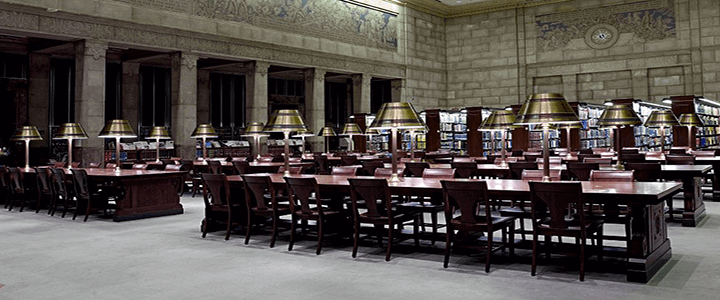We all face the annual Intelligence Oversight class. With a sigh, we march to the class where you find out what to do if you believe something is wrong with your classified practices. All clearance holders file out, having heard the numerous ways they have to report and correct perceived wrongs. What is seldom mentioned, however, are the wondrous antecedents of this critical class.
When I was a little boy, one of my fun things to do was to read a random story from the encyclopedia with grandma. I recall vividly how she showed me a series of pictures of causes of the American Revolution. One showed a British soldier inside a private colonial home. I observed warily, “He could just come in, even if you didn’t ask him to?” “Yes,” said grandma. “Whenever he wanted.” This struck me as very wrong. Very wrong indeed. How appropriate this recalled episode appeared years later, when holding one of the highest clearances our nation allowed, I learned this incredible tale of the origin of intelligence oversight.
In February, 1761, on the floor of the Massachusetts Crown Colony Superior Court, a young man rose to denounce an act with the benign title, ‘Writ of Assistance’. This writ allowed British customs officials to enter any home, any time, for little or no cause, in search of smuggled goods. Now, it had long been the favorite sport of American colonials to dodge British taxes. Smuggling was as American as the turkey. Yet as the cost of the American wars against the French and Indians consumed vast amounts of British money, soldiers, and equipment, such American underhandedness would have to be stopped.
The London Government was going to finally enforce the tax laws and quell smuggling. Tax collections would actually occur. They’d enforce this tax collection to pay for the colonials’ own protection from the existential threat of French and Indian terror. Indeed for these reasons ‘writs of assistance’ were introduced. They would break smuggling, secure tax payment, and thereby pay for Colonial protection. It was all for the colonials’ own good. In fact, the law was well intended. Officials of the Crown were trying to do right by finding a way to pay for the war against the French and Indians by making violators pay their just taxes.
James Otis, Jr, a Boston lawyer, in an impassioned appeal, observed the real effects of such a well sounding law. He noted that any unelected customs official had, per the ‘writ of assistance’, the right to come into any home to search for smuggled goods. Whereas before English law said there was no right of anyone to come into another’s home without probable cause, without a judge’s permission, and without specifying what was being sought, now the ‘writ of assistance’ took its place. In fact, the writ was universal, and applied to everyone, not a specified individual suspected of something. Worse, it was perpetual; it was valid forever. “…a person with this writ may enter all houses, shops, etc. at will and command all to assist him.” For “Everyone with this writ may be a tyrant …(such) A man is accountable to no person for his doings.” Otis thus denounced this violation of the ancient Anglo-Saxon right to peaceful security in one’s home. “A man’s house is his castle; and while he is quiet he is as secure as a prince in his castle.” Such was the origin of this famous expression. No law could presume an Englishman guilty until proven innocent, nor allow random violations of his peace.
Otis’s speech was carefully listened to that cold, long ago February day in 1761. One man who was there observed another man taking many notes of this speech. That scribbler was John Adams, who went on to be a formulator of the United States Constitution. Otis’s ideas were later taken as a basis for the Fourth Amendment to that Constitution. That amendment is instructive:
“ The right of the people to be secure in their persons, houses, papers, and effects, against unreasonable searches and seizures, shall not be violated, and no Warrants shall issue, but upon probable cause, supported by Oath or affirmation, and particularly describing the place to be searched, and the persons or things to be seized.”
Even the best intentions of government must be regulated. There must be serious, authoritative, open, and known oversight of all laws, even the most well intentioned. This is because we accept that any man can be, or may become, malevolent, petty, manipulative, or vindictive. Power is an addictive drug. It is, after all, why we inserted the balance of powers in the Constitution. For no man is pure, no man is beyond temptation. Good men in government gladly accept oversight and limitation of their powers. Such is for the greater good, the natural right of people to be secure in their ‘persons, houses, papers, and effects’.
As we sit in our homes this day, or work in our clearance-required jobs which mandate rules of oversight, let’s remember this great debate of that long ago February. To do so renders the great controversies of today much clearer. To know why and how our Amendments came about, and thus why we have intelligence oversight as a result, helps make today’s debates no longer seem so complex at all.




